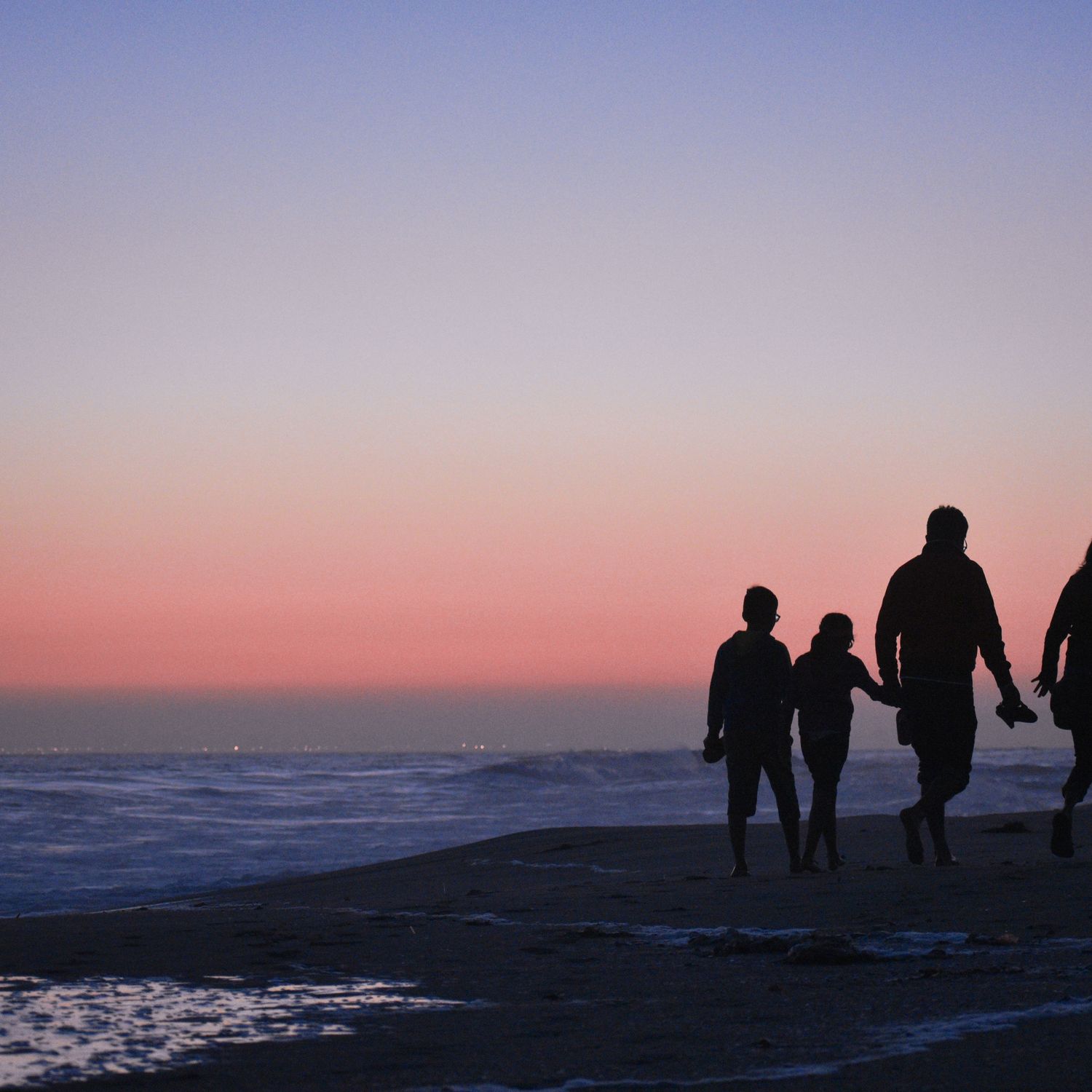How addiction impacts on relationships
Addiction can affect many of your relationships. One of the most effected is relationships with friends and family. There are no healthy, functioning relationships maneuvering successfully through the realms of addiction and abuse.

Every relationship that comes face to face with substance abuse and addiction is bound to suffer tremendously. Romantic relationships where at least one partner is dealing with addiction likely include a great deal more conflict than most. Trust issues, hurt feelings, and anxiety can be side effects of substance abuse in a relationship — for either partner or for both. These issues slowly wear away at relationships.
Addiction does not just hurt the person who’s suffering with it; it affects all aspects of their life, including family, friends, and lovers. Relationships will often suffer because of substance abuse and addiction.
Whether its siblings, mother, father or friends, everyone is affected in some sort of negative way. They all want to know how to make the individual better. However, these relationships and personal hurts, can be healed with time, therapy, and the proper treatment.
Family therapy is a part of many drug and alcohol rehabilitation programmes. Often, it is friends and family working together who convince their loved one via an intervention that it is time to get help.

We see our loved ones hurting, and we wish desperately to help them, without the slightest idea on how best to provide aid.
Our first instinct is often to intervene and lecture our loved ones out of anger and/or the desire to protect them from endangering themselves and others. But in the case of substance abuse, it is often best to take a step back and look at the whole picture before trying to help.

An intervention can motivate someone to seek help for alcohol and drug addictions as well as other addictive behaviours.
When it comes to addiction, the person with the problem often struggles to see it and acknowledge it. A more focused approach is often needed. You may need to join forces with others and take action through a formal intervention.
So, what is an intervention? It's a carefully planned process. It is important that the friends and family involved avoid spontaneity in what they say, when they gather, and where they gather. This helps all those involved to stay on topic, and to avoid placing blame, making accusations, or saying other hurtful things, which may lead the person to refuse help.
It's important that the intervention is planned and well thought out. Some things to consider are:
- Make a plan - Sometimes involve family and friends. In some cases medical professionals such as therapists, councellors, psychologists or mental health experts should also be involved.
- Find information - This should be about the indivudals addiction. Find out the extent of the addiction. What the treatment options are avaliable.
- Decide on some consequences - This could be incase the intervention doesnt go the way you want it to go. A consequence could be that parents may stop gifting money to the individual or the person has to move out.
- Note down what each individual wants to say - demonstrate the hurt the individual has caused to each person.
- Follow up after the intervention - By checking in on the individual they are more likely to stay in treatment and avoid relapsing.
If anything in this article has sparked any questions or concerns please contact our specialist team who can help. We know that this is a sensitive topic for many people. Our fully trained treatment advisors can help you or your loved one get the support they need and also use their vast experience to advise you.